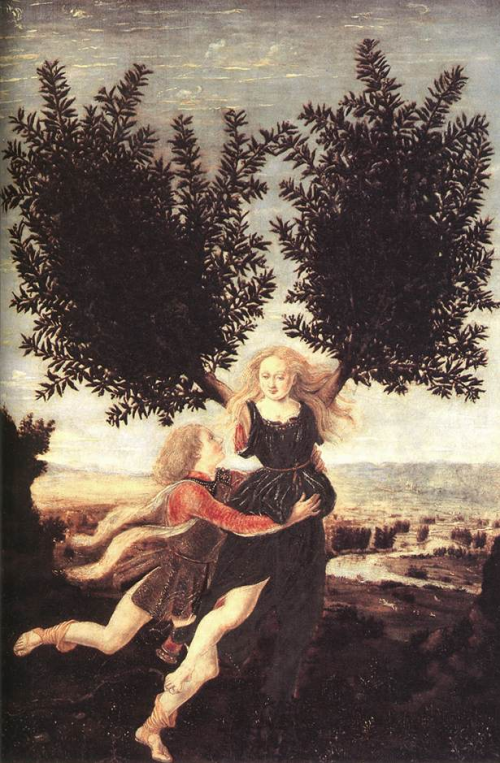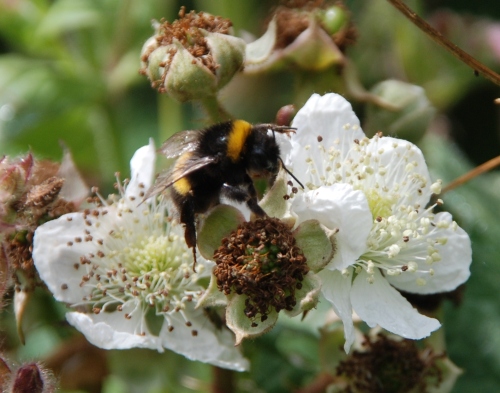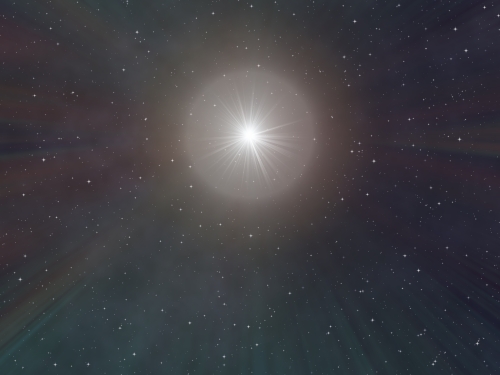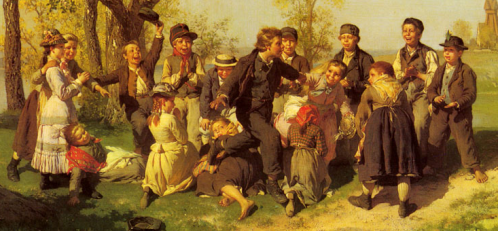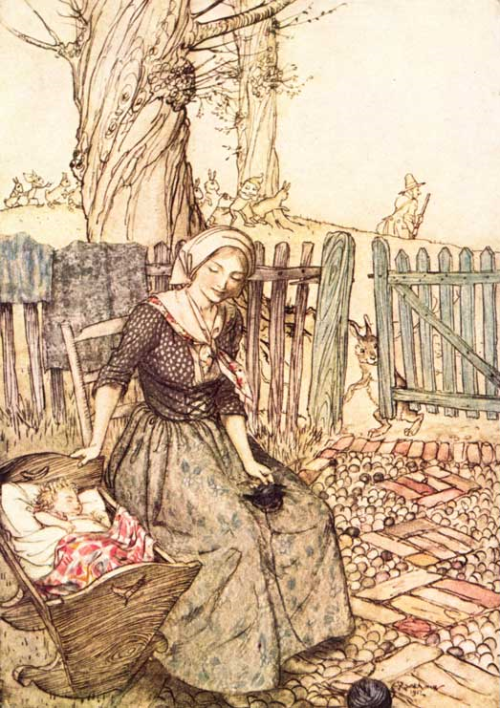Today’s entry is the sweet – but not so simple – Lydia. As it’s quite a shortie, I’m throwing in a couple of freebies too: the probably related Ilia, Lyd — Lydia’s unrelated ‘next door neighbor’ in the book — and Lyd’s probable parent, Lludd… ooooo!
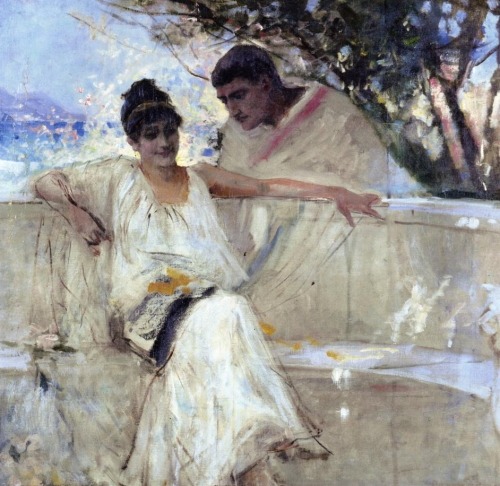
A character called Lydia featured in four Odes by the Pagan Roman poet Horace in the 1st Century BCE
Lydia ♀
Greek: Ludios ‘of Lydia’ – an ancient kingdom of Asia Minor, and later a Roman province. The name was ancient – the Akkadians called it Luddu – but the meaning is uncertain; it has tentatively been linked to Proto-Indo-European: *h₁lewdʰo- ‘people’, from which Old German: liut ‘people’, Latin: liber ‘free’ and Greek: eleutheros ‘free’ all developed. The name features in poems by the Roman poet Horace, and was also borne by a character in The New Testament. 16th Century. Bearers: Lydia Becker (1827-90), a British pioneer of the suffragette movement; Lydia Maria Child (1802-80), a US abolitionist and activist for the rights of both women and Native Americans; Lydia Bennett, a character in Jane Austen’s Pride and Prejudice (1813). French: Lydie.
Ilia ♀
Another name for Rhea Silvia, mother of Romulus and Remus, the legendary founders of Rome. It probably derives from Ilium, a poetic name for Troy, as Rhea Silvia descended from Aeneas the Trojan. Ilium itself is almost certainly a corruption of Luwiya, the Hittite name of the region of Asia Minor where Troy lay, which is probably an older form of LYDIA. 20th Century.
Lyd ♂
A river in Devon, England. It is usually derived from Old English hlӯde ‘noisy stream’, but it is possible that its medieval forms imply this because this is how the Saxons interpreted it and that in reality its roots are Celtic, perhaps with LLUDD at the source. It has more than one interesting feature which may well have once been sites of Pagan worship, such as the ‘White Lady’ waterfall and a series of whirlpools called ‘the Devil’s Cauldron’.
Lludd ♂
According to the Mabinogion, Lludd was a son of Beli Mawr and brother of Llefelys. He appears as Lud in Geoffrey of Monmouth – and is still remembered in London today in the name Ludgate. His epithet was Llaw Eraint ‘silver hand’, and he is the Welsh parallel of the Irish Nuada Airgetlám – another form of Lludd was NUDD, and ultimately it derives from NODENS. Late 20th Century.
